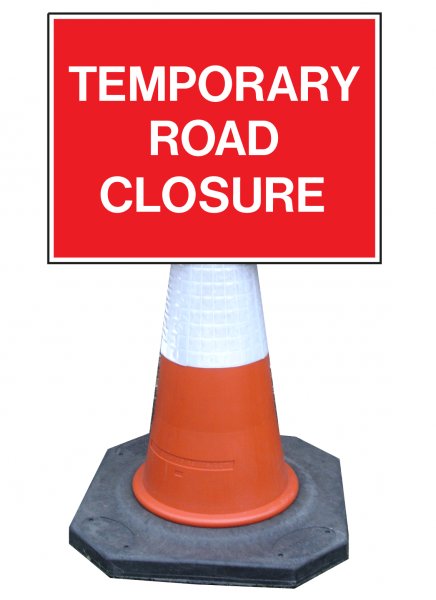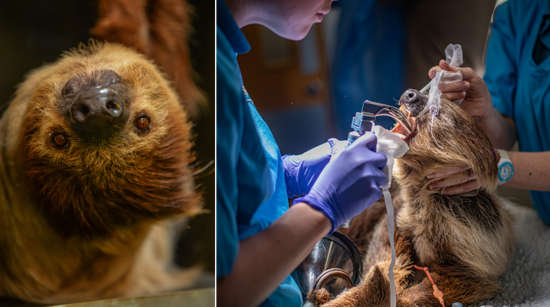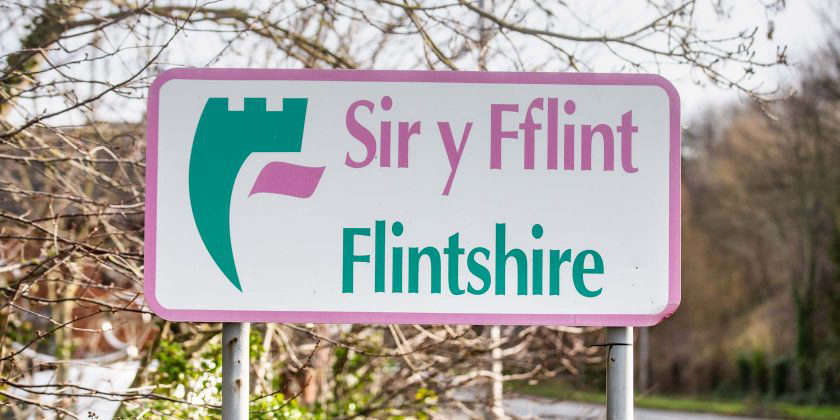
Following Transport for the North investment in smart travel technology, Northern have launched the region’s first smart ‘flexi’ season tickets in time for passengers returning to the railway and anticipated changes in travel routines due to COVID-19.
The move is part of TfN’s bigger drive to deliver London-style, contactless payment systems across the North’s outdated public transport networks.
The new season tickets - now available initially on Northern and LNER services between Leeds and Harrogate stations only – are loaded to smartcards and give passengers 10 unlimited travel days for the price of 9, valid for 6 months. Planned for rollout on further routes, the tickets guarantee value and flexibility in a world where passengers say they’re unlikely to return to 5-day-week commute.
With a recent Transport Focus survey of passengers showing over one third expect work to be primarily homebased with limited travel to the workplace in the future, flexible and convenient ticketing is a priority for TfN who are committed to supporting the safe return to public transport use when the time is right.
Jeremy Acklam, TfN’s Director of Integrated and Smart Travel, said:
“The launch of flexi seasons is a major and timely milestone in our mission to transform travel across the North of England.
“Now more than ever, due to the impact of coronavirus on our travel habits, passengers need safer, better value and more convenient ways to pay for public transport. Flexi seasons will provide this for thousands of passengers.”
Mark Powles, Customer and Commercial Director at Northern, said:
“Our customers’ working lives have changed significantly in the past few months and the flexible season tickets will provide a way for rail travel with Northern to reflect those changes.
“With Transport for the North’s support, the new tickets will allow our customers to load 10 day-passes between two stations onto a smart card which can then be used at any time in a six-month period. So, unlike a normal season ticket, customers now only have to pay for the days they travel.
“Initially, we are trialling the new flexi-season ticket for journeys between Harrogate and Leeds, but plan to roll the scheme out to other parts of the Northern network in the coming months.”
TfN is pushing ahead as part of its £150 million Integrated and Smart Travel programme (IST), with the next stage proposing to deliver more contactless payment technology on the North’s train and tram platforms.
TfN is seeking approval from the Department for Transport to spend more funds from the ringfenced budget so it can rapidly extend the flexis seasons initiative across the whole of the North.
The subnational transport body has already installed ‘tap-in-tap-out’ systems on platforms at 90 stations as well as moving the majority of season ticket-holders from paper to smart cards. Region-wide enablement will benefit travellers at over 300-additional stations. It will also provide a stepping-stone to London-style pay as you go travel using contactless bank cards or smartphones for public transport payments.
Jeremy Acklam, added:
“To realise the benefits of flexi seasons and contactless travel we are now calling on the Department for Transport to green light the next stage so we can move at pace to roll the technology out more widely across the region’s entire rail network. We are in a position to start work tomorrow on the delivery of this scheme which would improve the way we use public transport for the millions of people living and working across our region.
“To tackle some of the biggest challenges of our day including cutting carbon emissions and the levelling up of the North’s economy we need to invest in ambitious, forward looking projects now. Our message to the Prime Minister and the Government is clear, Transport for the North is ready to make flexible, contactless ticketing a reality, let’s get moving.”
A supporting strategic outline for contactless travel on rail was recently submitted to the DfT for their consideration, and the wider rollout of flexis was included as a priority scheme in TfN’s proposed Economic Recovery Plan to rebuild and transform the North post-Covid-19 which was sent to Government last month.
Commenting on the launch on the launch of flexi tickets in the North, David Sidebottom of Transport Focus said:
“We know that rail passengers want to get seats on more punctual, reliable and value for money services. The launch of the flexi season ticket is a big step in delivering better value for money for rail commuters in the north of England. Nearly half of those we asked in our latest research do not expect to immediately go back to their regular level of daily commuting.”
TfN is partnered with regional train operating companies - Northern, TransPennine Express and Merseyrail – to deliver traditional weekly, monthly and annual season tickets onto smartcards for passengers across the North’s entire rail network from late 2018.
About Transport for the North
- Transport for the North is a unique partnership, bringing together the North’s twenty local and combined authorities and northern business leaders with Central Government. This body allows the region to speak with one voice on the transport infrastructure investment needed to boost the North’s economy.
- Following approval from Parliament, Transport for the North became England’s first Sub-national Transport Body in April 2018.
- The ability to create Sub-national Transport Bodies to plan and prioritise long-term infrastructure investment in a specific region was created by Parliament with an amendment to the Local Transport Act 2008 which was passed in January 2016.
- A proposal for Transport for the North to become the first Sub-national Transport Body was agreed upon by all nineteen of the organisation’s local and combined authority partners before being approved by Parliament.
- Transport for the North’s local and combined authority partners are:
Blackburn with Darwen Council
Blackpool Council
Cheshire East Council
Cheshire West & Chester Council
City of York Council
Cumbria County Council
East Riding of Yorkshire Council
Greater Manchester Combined Authority
Hull City Council
Lancashire County Council
Liverpool City Region Combined Authority
North East Combined Authority
North East Lincolnshire Council
North Lincolnshire Council
North of Tyne Combined Authority
North Yorkshire County Council
Sheffield City Region Combined Authority
Tees Valley Combined Authority
Warrington Borough Council
West Yorkshire Combined Authority
- In January 2018, Transport for the North published its draft Strategic Transport Plan for public consultation. The final Strategic Transport Plan will be published at the end of 2018. Find out more at www.transportforthenorth.com/stp.
- In 2016, the Northern Powerhouse Independent Economic Review, commissioned by Transport for the North on behalf of Northern partners, demonstrated how unique capabilities which are present across the North could be harnessed to transform the region, adding almost £97billion to the UK economy and creating up to 850,000 jobs by 2050. Evidence from this review has been used to identify the priorities of the Strategic Transport Plan.
About statutory status
- Once a voluntary partnership, Transport for the North is now a formalised, standalone organisation that will act as a unified and determined voice for the North of England. It has a clear remit to identify and plan investments in transport infrastructure that will deliver unprecedented transformation for the North’s economy.
- Statutory status means the organisations becomes a Statutory Partner to the Department of Transport (DfT) and that recommendations are formally considered by Government when important transport decisions about the North are being taken.
- The statutory powers that have been granted allow Transport for the North to:
- Develop and implement a Strategic Transport Plan
- Act as ‘one voice’ for the North, relaying priorities to the Secretary of State
- Coordinate and deliver smart ticketing systems across the North
- Become a statutory partner in road and rail investment decisions
- Oversee (jointly with DfT) franchised rail services covering Northern and TransPennine Express franchises
- Construct new roads, with the agreement of Government and relevant highway and local authorities
- Decide on capital grants

 Constabulary to receive £4m funding boost to keep Cheshire’s communities even safer
Constabulary to receive £4m funding boost to keep Cheshire’s communities even safer
 CFCW Match Report: Chester FC Women 3 - 0 Wigan Athletic Ladies
CFCW Match Report: Chester FC Women 3 - 0 Wigan Athletic Ladies
 CELEBRATION OF CLASSICAL DANCE MUSIC SET TO BE STAGED AT WREXHAM'S WILLIAM ASTON HALL
CELEBRATION OF CLASSICAL DANCE MUSIC SET TO BE STAGED AT WREXHAM'S WILLIAM ASTON HALL
 Community unites to save Northgate Arena’s whale!
Community unites to save Northgate Arena’s whale!
 Man jailed for attempting to smuggle illegal drugs into Cheshire music festival
Man jailed for attempting to smuggle illegal drugs into Cheshire music festival
 Weekend and overnight closures for vital A550 Welsh Road repairs
Weekend and overnight closures for vital A550 Welsh Road repairs
 Blues Match Report: Chester FC 2 - 1 Marine
Blues Match Report: Chester FC 2 - 1 Marine
 Ellesmere Port school chosen to benefit from multi-million pound nursery funding
Ellesmere Port school chosen to benefit from multi-million pound nursery funding
 Tripadvisor rankings name Chester Zoo as the UK’s best zoo.
Tripadvisor rankings name Chester Zoo as the UK’s best zoo.
 Blues Match Preview: Chester FC v Marine
Blues Match Preview: Chester FC v Marine
 Blues Match Report: Southport 0 - 1 Chester FC
Blues Match Report: Southport 0 - 1 Chester FC
 Sam Rowlands MS is urging people to have their say on merging four schools in North-East Wales
Sam Rowlands MS is urging people to have their say on merging four schools in North-East Wales
 Pioneering dental surgery at Chester Zoo cured a sloth’s toothache
Pioneering dental surgery at Chester Zoo cured a sloth’s toothache
 Drug dealer jailed after eagle-eyed officer spots him speeding in a car full of class A drugs
Drug dealer jailed after eagle-eyed officer spots him speeding in a car full of class A drugs
 Enjoying the Countryside in Flintshire
Enjoying the Countryside in Flintshire
 Member of the Welsh Parliament urges dog owners to keep their pets on a lead when in the countryside
Member of the Welsh Parliament urges dog owners to keep their pets on a lead when in the countryside
 Chester and Wirral Football League - Latest Results
Chester and Wirral Football League - Latest Results
 Heartfelt and Hilarious New Show by Disabled Artists Comes to Ellesmere Port
Heartfelt and Hilarious New Show by Disabled Artists Comes to Ellesmere Port
 Fly High Media Shortlisted for Prolific North Champions Awards 2025
Fly High Media Shortlisted for Prolific North Champions Awards 2025